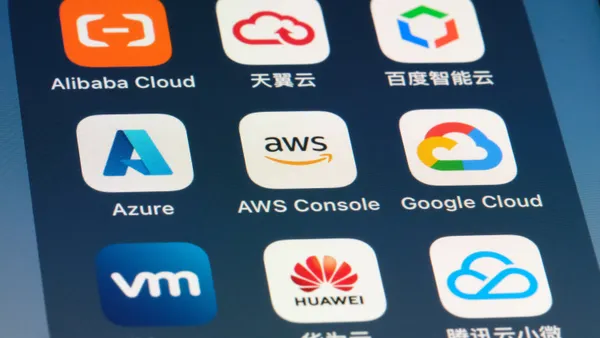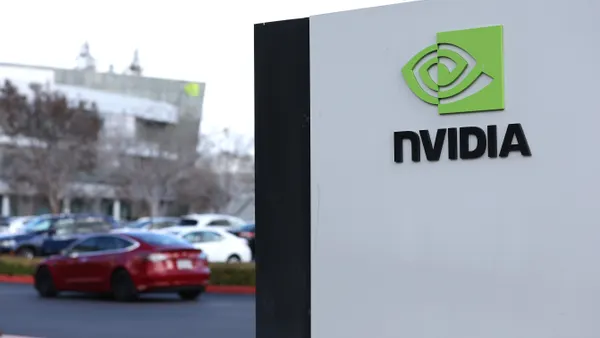Dive Brief:
- Earlier this week, Fujitsu announced the launch of a digital annealer cloud service, which uses 1,024 bit digital circuitry with high flexibility and noise resistance and combines it with quantum phenomena to achieve high compute speeds similar to a quantum annealer. The service is being launched in Japan with plans to roll out in America, Europe and Asia before the close of the fiscal year.
- The Digital Annealer implements quantum computing software from 1QB Information Technologies, a company Fujitsu led in Series B funding in November, according to a 1QBit announcement. The two companies began an alliance last May, and with the Series B funding Fujitsu became the largest nonfinancial shareholder, reports Nikkei Asian Review.
- The company is working on the Digital Annealer in tandem with high-performance computing and deep learning, at its AI headquarters in Vancouver. Fujitsu shelled out investments in quantum computing in Canada in November with the Fujitsu Co-Creation Research Laboratory at the University of Toronto, a research hub dedicated to quantum-inspired computing, AI and ML and other technologies, according to a university announcement.
Dive Insight:
Digital annealer and other early-stage quantum technology are still far off from the ability to solve major world problems, such as poverty and climate change, that experts believe true quantum computing will conquer.
But that isn't stopping plenty of companies from commercializing the technology already. Competitors like IBM have already been offering quantum services through the cloud to customers, breaking qubit records every few months.
Fujitsu's digital annealer does not run on hardware with quantum bits (qubits), such as Google's or D-Wave's hardware. But the quantum elements do make the technology faster at processing than traditional computing.
Microsoft, Google and IBM are favored front-runners in the race for so-called "quantum supremacy," but quantum computing's implications extend far beyond the technology industry. China is dominating worldwide investment and research, spiking fears into the hearts of many American politicians.












